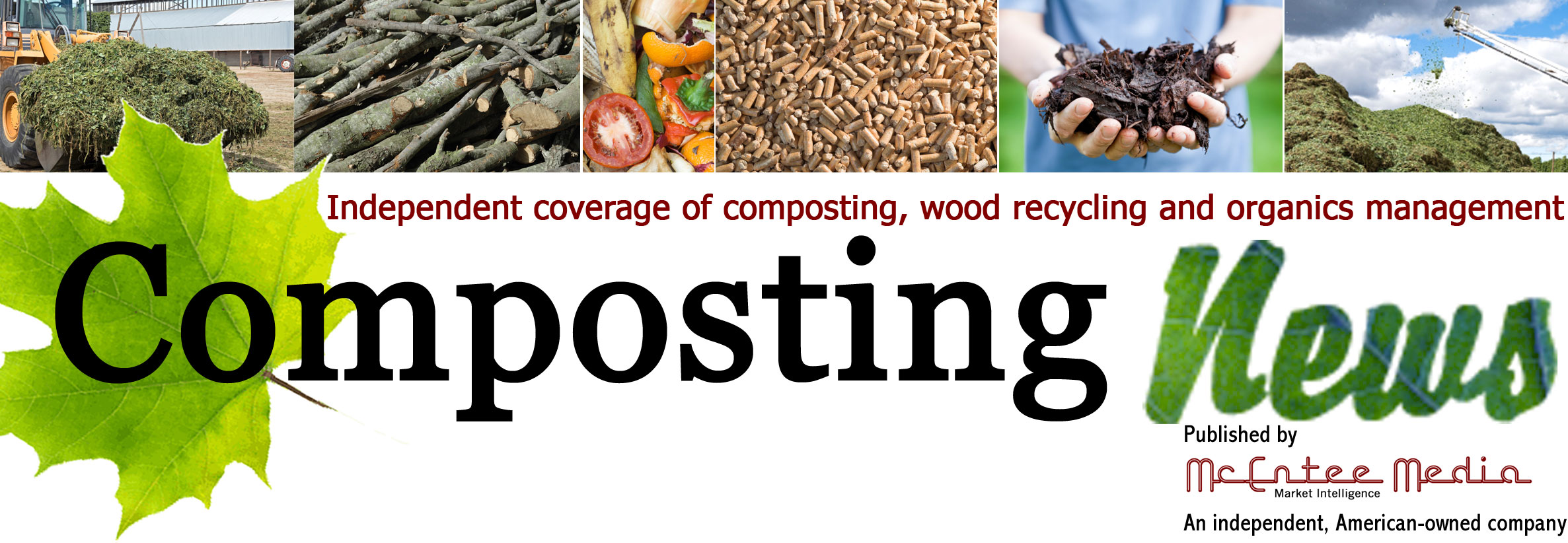New York City has started free weekly collection of compostable material for every city resident across the five boroughs. The program, which began in Queens in the fall of 2022 and expanded to Brooklyn in the fall of 2023, is now permanent and offered citywide.
“It’s simple. When food scraps end up in black bags on the street they become rat food or methane emissions,” said Mayor Eric Adams.
Meera Joshi, deputy mayor for operations called the program a “war against climate change. Our weapons are your banana peels, rotten tomatoes and stale bread. Now, in all five boroughs, our easy-to-use curbside organics collection program will prevent these scraps from being shipped to emissions producing landfills and instead turn them into compost and renewable energy.”
Jessica Tisch, commissioner of the city’s Department of Sanitation (DSNY), said curbside composting programs have existed in the city for more than a decade, but none have ever served more than 40 percent of New Yorkers as the new program does. She said previous programs have been plagued by stops and starts and complicated rules. This program’s model has no sign-up required, fewer restrictions on materials and type of bin, she said.
Every New Yorker can now simply take anything from their kitchen or their garden—all food scraps, yard waste and food-soiled paper—and set it out for collection in either a DSNY brown bin or their own labeled, lidded bin of 55 gallons or less, the city said. In addition, they may choose to line the bin with a clear bag or not, based entirely on their personal preference. The material is collected on the same day that residents already set out their metal, glass, plastic and paper recycling.
Since their initial launch, New York’s composting programs showed a 65 percent increase in compostable material diverted from landfills over the prior two years—a total of 260 million pounds, according to the Fiscal Year 2024 Mayor’s Management Report.
Curbside service is one part of the wraparound suite of composting services offered by DSNY. New York City is now home to about 400 smart composting bins—24-hour drop-off sites where New Yorkers can bring anything from their kitchen and anything from their garden to be put to beneficial reuse. New Yorkers opened smart composting bins more than 1 million times this past fiscal year—a 300 percent increase from the previous year, the city said. Earlier this year, the city started DSNY collection of compostable material at every local government school, helping to train the next generation of composters.
Material collected through the collection programs is turned into either renewable energy to heat homes or into compost sold to landscapers and given away free to New Yorkers for use in their yards and gardens. The DSNY Staten Island Compost Facility has produced about 40 million pounds of finished compost per year for the last decade. The facility recently completed a major expansion, expanding its capacity to process food waste by 2,000 percent.
Per local law passed by City Council, participation in the program becomes mandatory in each borough when service starts, but fines cannot be written until April 2025. The fine structure is the same as the existing requirements for the separation of metal, glass, plastic and paper recyclables from trash, which starts at $25 for properties with one to eight residential units and $100 for properties with nine or more residential units. This is the same separation requirement New Yorkers already know from recycling programs, now extended to the one-third of residential waste that is compostable.
Ahead of the mandate going into effect, DSNY is engaged in an outreach effort, sending mailings to all covered residents, meeting with community boards and civic associations, and knocking on the doors of all buildings with fewer than 10 residential units in the Bronx, Staten Island and Manhattan. A similarly robust outreach effort previously proved effective in Queens and Brooklyn, the city said.
While this program is for residential waste only, New York’s commercial waste zone program also will increase commercial diversion of compostable material. Under that program, businesses will pay their private waste carter less to remove compostable material than they do to remove trash, creating a meaningful financial incentive to keep commercial compostable material out of landfills, the city said.
“The more people participate [in the residential program] the less money we’ll waste sending food scraps to rot in landfills as far as South Carolina and Ohio,” said Councilman Shaun Abreu. “Best of all, we can put more compost right back into our community gardens, parks, and tree beds to protect and grow our green spaces.”
Follow us on social media:

Be the first to comment on "New York rolls out citywide organics collection program"